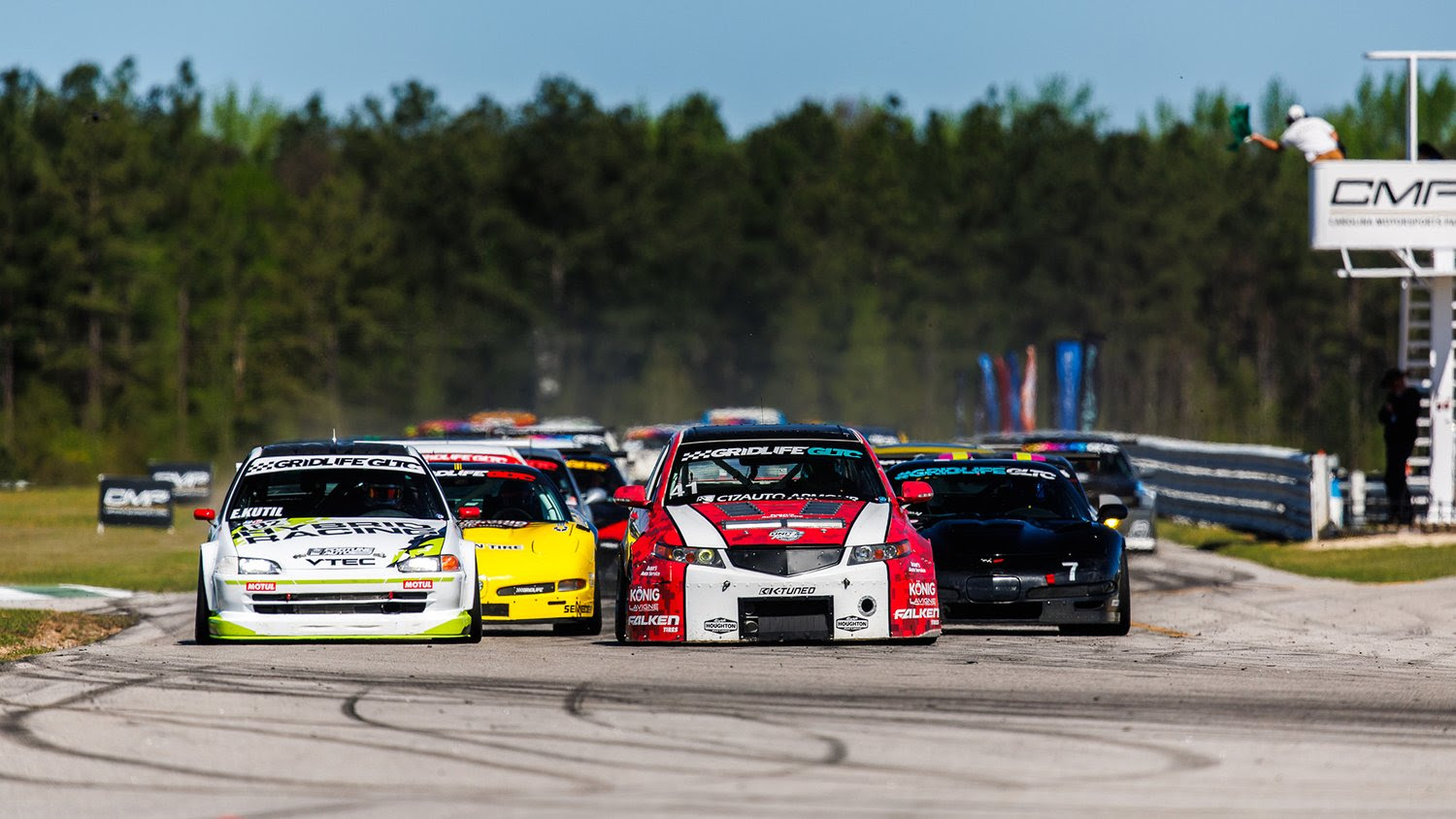Liability Insurance is essential for driving on the road. Mistakes can happen anytime in a fraction of a second, and you may find yourself responsible for the damage and fallout of a car accident. With good liability insurance, you can ensure that you cover the costs of any damage and medical procedures needed after the accident.
However, the question you should ask when choosing the best liability insurance is: how much coverage should you carry? This guide will walk you through liability insurance requirements and the coverage amounts you should pick for your situation. If you’re unsure about your insurance and coverage, contacting a Denver Car Accident Attorney can help significantly.
What is Liability Insurance?
Broadly speaking, liability insurance covers car accident costs, so you don’t have to pay out of pocket. Liability coverage is commonly separated into two categories: Bodily Injury and Property Damage.
Bodily Injury Coverage will pay for medical expenses, lost wages, and any pain or suffering the driver or passenger experienced. The amount of coverage offered for bodily injuries is typically higher than for property damage because the value of human life is more significant.
Property Damage Coverage covers the costs of damage to property or other vehicle(s). It is typically less expensive than bodily coverage but still essential for protecting personal finances from lawsuits and other liabilities.
Legal Requirements for Liability Insurance
Each state in the United States has a different minimum liability coverage. Oftentimes, the minimum amount is not enough to cover the costs of a common accident. While it is always necessary to have liability coverage, getting a higher coverage amount can protect you much more effectively. It’s best to speak to a Personal Injury Lawyer Denver to provide insight into whether your coverage is sufficient.
How Much Liability Insurance Should You Carry?
The most common recommendation for liability insurance is the 100/300/50 coverage spread. This spread means coverage will provide $100,000 for bodily injury per person, $300,000 for bodily injury per accident, and finally, $50,000 for property damage.
In the above example of 100/300/50, in an accident where three people are injured, your liability insurance would cover $100,000 per person up to $300,000 and $50,000 for any damage caused to their vehicle.
Coverage can be higher than that ratio; the amount you need will depend on the assets you protect. Talk to an Injury Lawyer to identify the coverage you need for your assets.
Pros & Cons of Higher Coverage
As previously mentioned, higher coverage will protect your assets from being taken in the instance of a serious accident. The benefits of getting higher coverage include:
- Lower out-of-pocket expenses following an accident.
- Protect your assets from being used to cover the costs.
- Premium costs typically don’t increase by a significant amount.
Inversely, the downside of getting higher coverage can be that your premiums go up even higher following an accident, and the monthly cost of liability insurance will be higher.
Immediate Steps After an Accident with Liability Insurance
If you are involved in an accident, do the following in order:
- Check yourself for injuries and any immediate life-threatening danger.
- Get to a safe position and contact emergency services if needed. Do not place yourself or others in danger.
- Exchange insurance information with the other driver involved.
- Lastly, report the accident to your insurance company.
In most cases, contacting a Car Accident Lawyer near you will help ensure your rights are protected. A car accident lawyer can help solve disputes and ensure the proper funds are allocated to any injured.
Conclusion
Liability Insurance is essential for protecting yourself, others, and your peace of mind while on the road. Consider the costs of your assets and what you’re willing to spend to protect them and yourself from devastating financial costs. By contacting experienced attorneys, you can find the best coverage amounts for you and your budget. Thank you, and drive safely!







